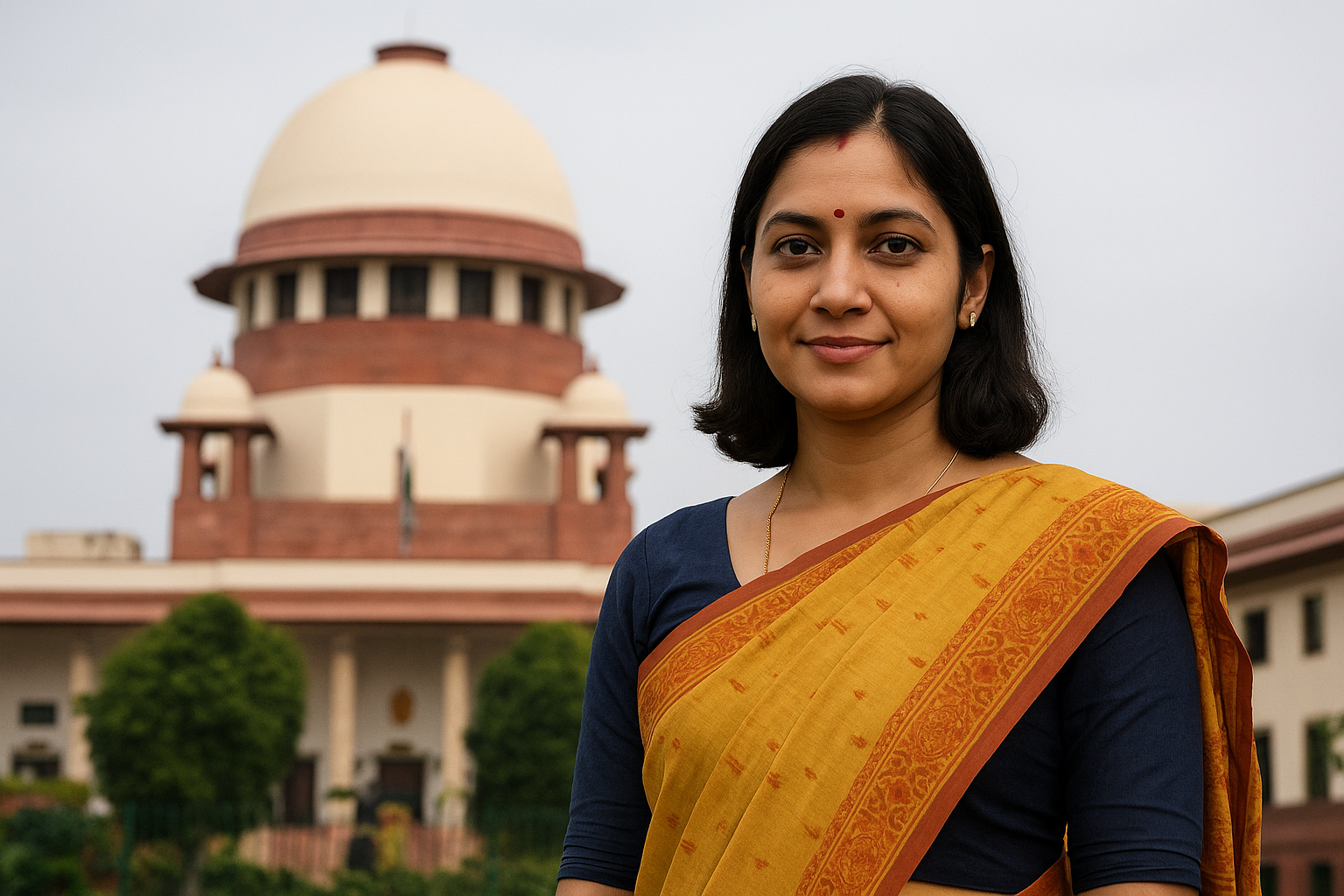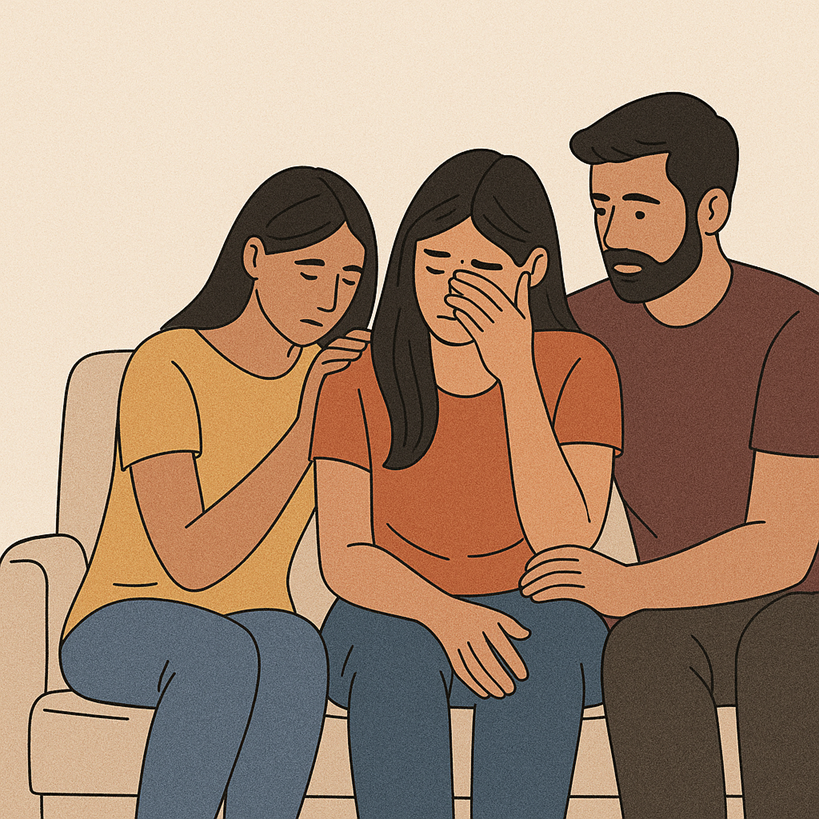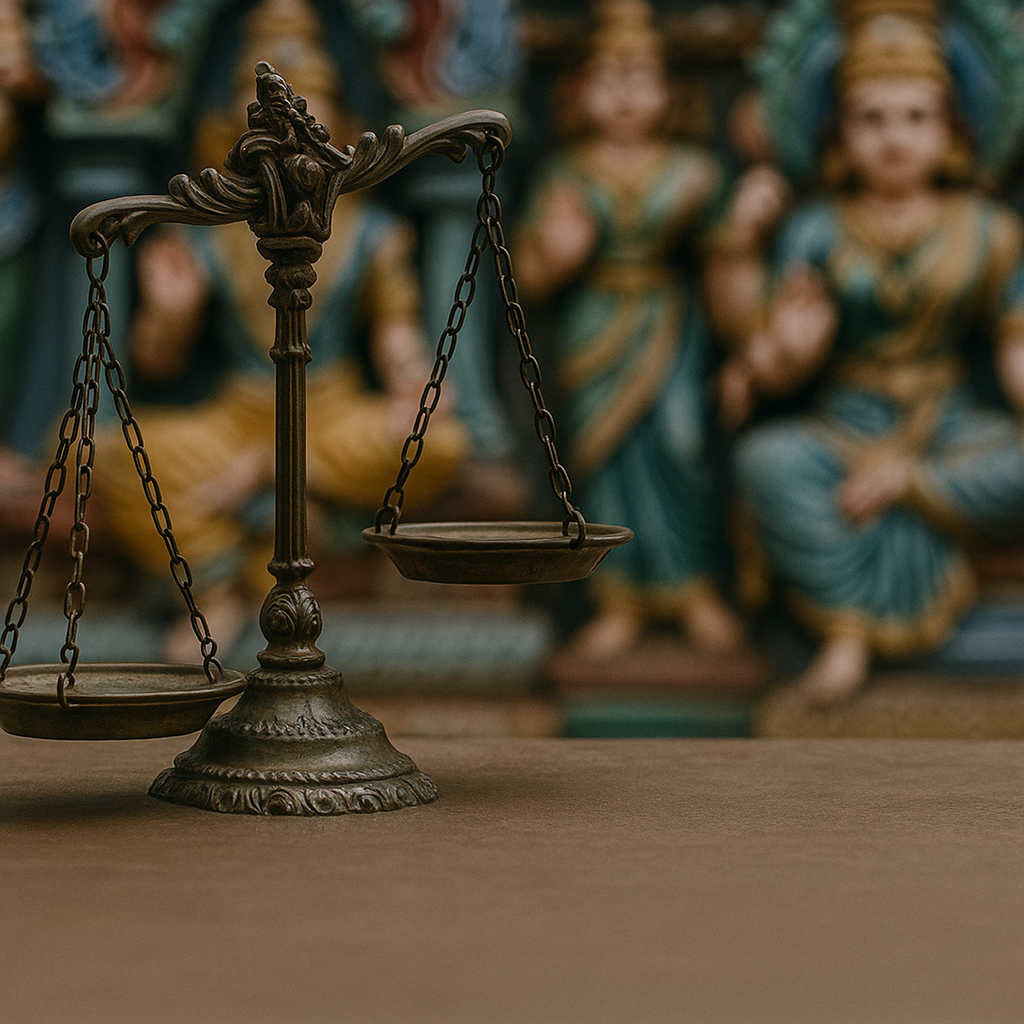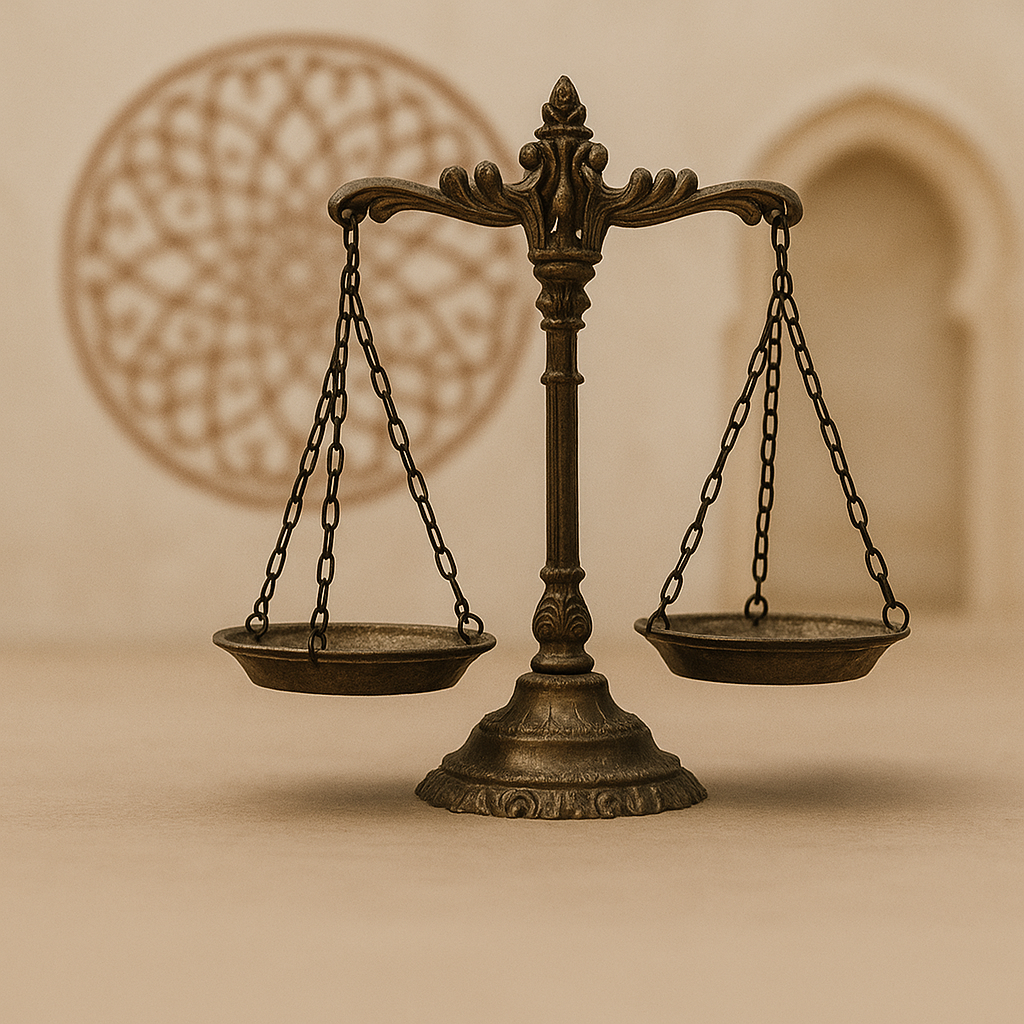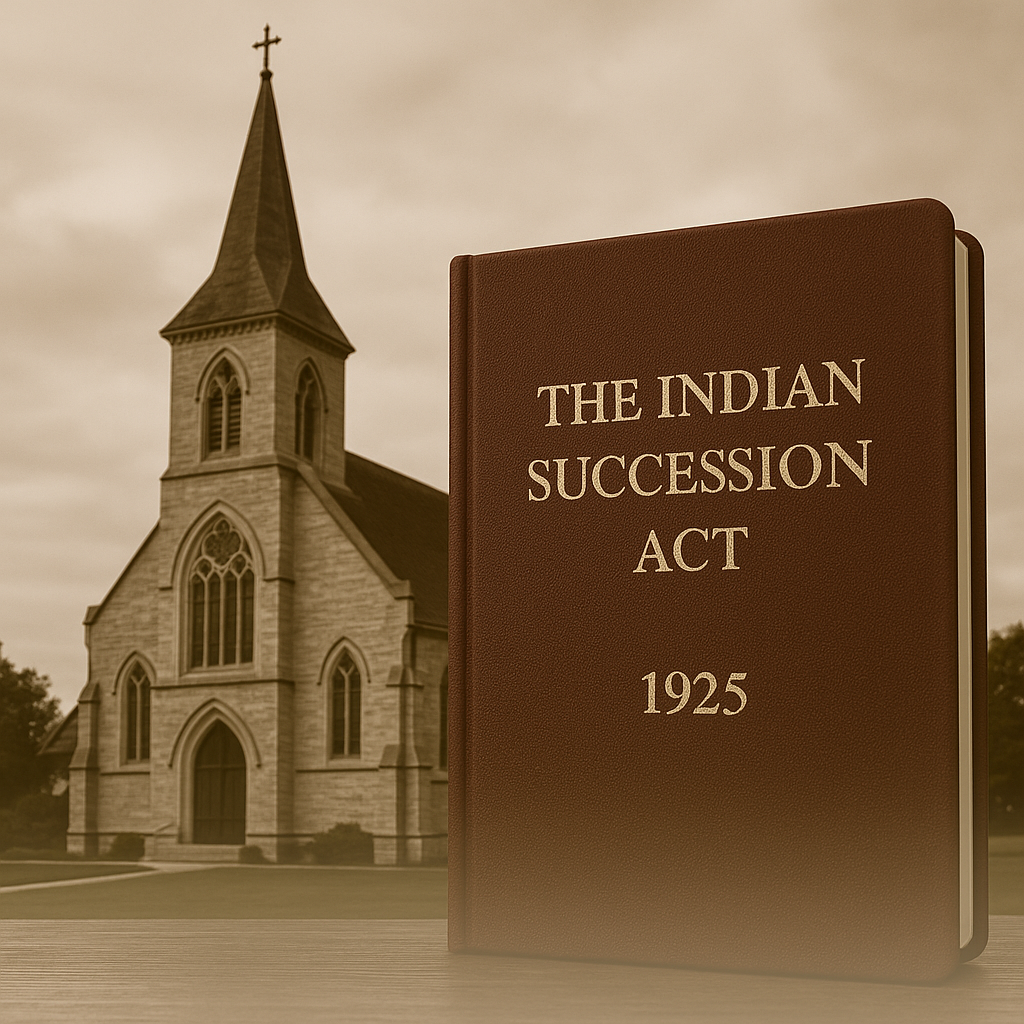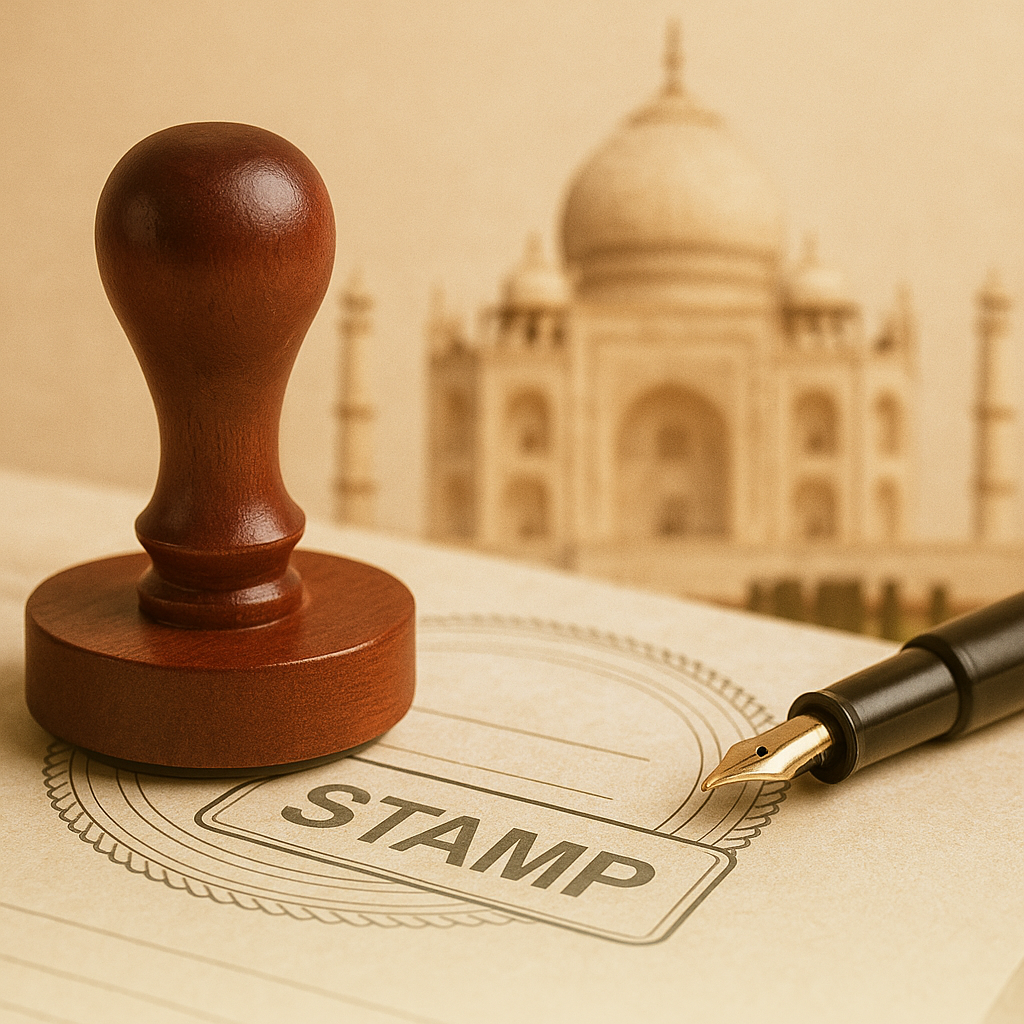How do you revoke a Will in India ?
In India, a will can be revoked or nullified before the testator's death. Here are the ways to do so:
- Creating a New Will: A new will typically includes a revocation clause that explicitly revokes all prior wills and codicils. This ensures the testator's most recent wishes are followed.
- Physical Act: A will can be revoked by intentionally tearing, burning, or shredding the document with the clear purpose of revoking it. Accidental destruction doesn't invalidate a will.
Life Events and Their Impact on a Will
- Divorce: In India, divorce doesn't automatically revoke an entire will. However, it's advisable to review and update the will to reflect the changed circumstances.
- Marriage: As per Indian law, marriage doesn't necessarily invalidate a prior will, but the rules vary depending on the personal law applicable to the testator. For instance, under the Indian Succession Act, 1925, marriage doesn't revoke a will for Hindus, Buddhists, Sikhs, and Jains, but it does for Christians and Parsis. It's essential to review and update the will after marriage to ensure it aligns with the testator's current intentions.
Does Marriage Cancel a Will? Understanding the Rules for Different Religions
The impact of marriage on a will varies across religions in India. Let's break down the rules:
- Hindus, Buddhists, Sikhs, and Jains: A will remains valid after marriage, according to the Indian Succession Act, 1925. However, updating your will after marriage is advisable to avoid legal complications.
- Muslims: Under Muslim Personal Law, marriage doesn't cancel a will. But if the marriage is registered under the Special Marriage Act, the Indian Succession Act applies, and the will is revoked. In such cases, creating a new will is essential.
- Christians, Jews, and Parsis: Marriage cancels a will. To ensure proper asset distribution, creating a new will after marriage is crucial.
When a Will Remains Unaffected
If someone else has named you as a beneficiary in their will, their marriage doesn't affect your inheritance.
Importance of Reviewing and Updating a Will
It's crucial to review and update a will after significant life changes to ensure it reflects the testator's current wishes and complies with Indian laws. This helps prevent potential disputes and ensures the smooth distribution of assets.
Key Takeaways
- Review your will after marriage to ensure it's still valid and aligned with your wishes.
- If necessary, draft a new will to prevent legal disputes.
- Note that some states, like Uttarakhand, may have different succession laws, so it's essential to consider local regulations.


